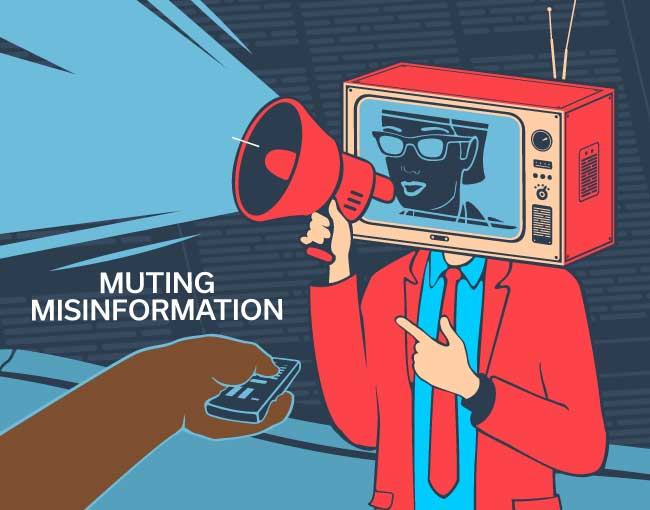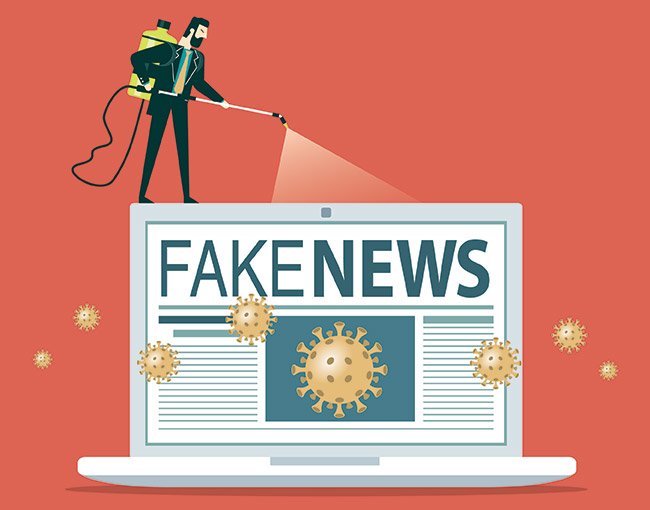
We may be on our own in the world of internet misinformation, but an expert industry is developing about how to spot it and how to better understand the strange world of information on the internet. READ MORE
(By accessing, browsing or using the pages below, you agree to the Blog Conditions of Use/Disclaimer available under "Links.")

We may be on our own in the world of internet misinformation, but an expert industry is developing about how to spot it and how to better understand the strange world of information on the internet. READ MORE

Political misinformation on the Internet is likely to continue, and our previous posts on laws, business practices and reforms have made it apparent that it is up to you, the Web User, to navigate truth and falsity on your own. READ MORE

In Part 3 of our series on political misinformation, we explore if new Internet legislation passed by governments could be used to prevent the spread of misinformation. READ MORE

In Part 2 of our series on political misinformation, we explore if social media companies can be relied upon to vet and clean up their content during the 2020 political campaign. READ MORE

As we enter the 2020 election season, Americans are likely to be flooded with misinformation and disinformation, particularly on social media. How do we deal with this problem? In Part 1 of our series on misinformation, we examine if legal claims can be used to address the spread of false election-related information through social media. READ MORE

The report of Attorney General William Barr’s Department of Justice on Section 230, our basic Internet law, acknowledges a key need for Section 230, even while it recommends beginning to dismantle it, brick-by-brick. READ MORE

Don’t count on President Trump’s executive order overturning or significantly restricting the statute that has governed internet freedom in the United States for the last 24 years. READ MORE

Google’s recent removal of Alex Jones’ InfoWars from its Google Play service, because of false and misleading information it had been transmitting about the coronavirus, isn’t an aberration. That kind of oversight is encouraged by a key Internet law, section 230, that is now under attack from various fronts. READ MORE

The legal duties of publishers, broadcasters and social media companies to vet political advertisements duties vary according to the medium involved. In particular, broadcasting and the internet—the two most popular media for political ads—are subject to quite different legal standards. READ MORE

The ability to publish almost anything on the internet without censorship is increasingly facing scrutiny from important voices, with some suggesting it may be time to change the law. Internet intermediaries must now strike a balance between censorship and publishing rights to avoid tipping two far in either direction. READ MORE
NOTICE.
Although we would like to hear from you, we cannot represent you until we know that
doing so will not create a conflict of interest. Also, we cannot treat unsolicited
information as confidential. Accordingly, please do not send us any information
about any matter that may involve you until you receive a written statement from
us that we represent you (an ‘engagement letter’).
By clicking the ‘ACCEPT’ button, you agree that we may review any information you transmit to us. You recognize that our review of your information, even if you submitted it in a good faith effort to retain us, and, further, even if you consider it confidential, does not preclude us from representing another client directly adverse to you, even in a matter where that information could and will be used against you. Please click the ‘ACCEPT’ button if you understand and accept the foregoing statement and wish to proceed.